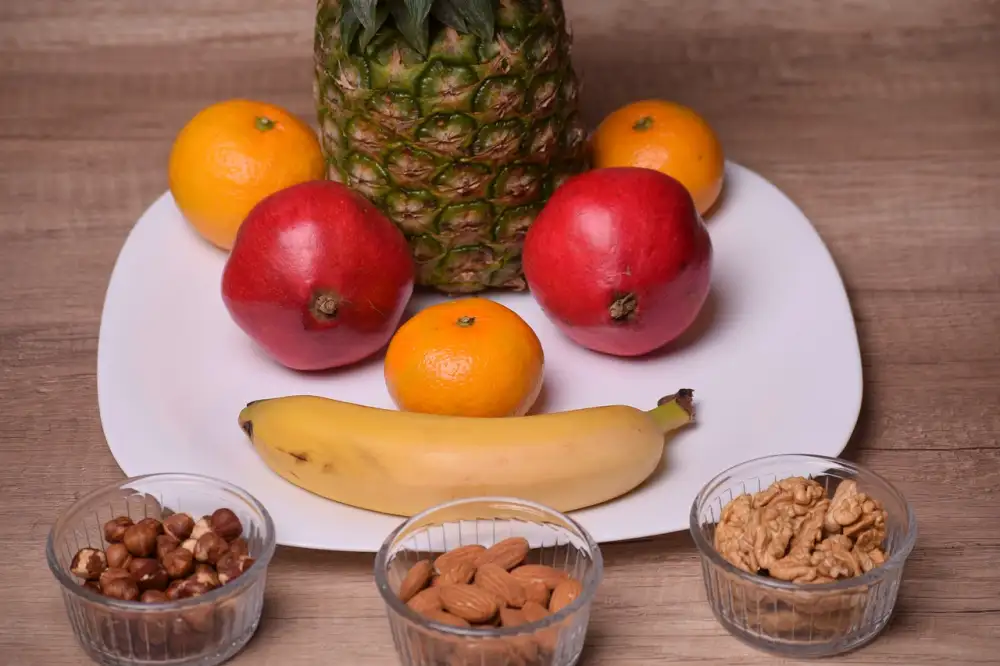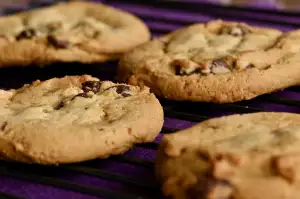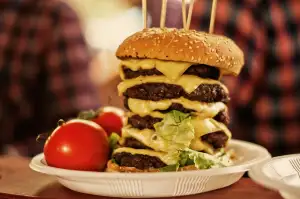Trimming Down with Tasty Delights: Discover the Best Healthy Meals for Weight Loss

- Importance of a Balanced Diet for Weight Loss
- Incorporating Lean Proteins into Your Meals
- Including Fiber-Rich Foods for Satiety and Weight Management
- Utilizing Whole Grains for Nutritional Value and Weight Loss
- Incorporating Healthy Fats for Flavor and Sustained Energy
- Emphasizing Fruits and Vegetables for Essential Nutrients and Weight Control
- Meal Ideas for Healthy and Delicious Weight Loss
- Tips for Successful Weight Loss with Healthy Meals
When it comes to achieving weight loss goals, many people turn to restrictive diets and extreme measures. However, the key to sustainable and healthy weight loss lies in nourishing your body with nutritious meals. By making smart food choices and incorporating the right ingredients into your diet, you can trim down without sacrificing taste or satisfaction. In this article, we will explore the best healthy meals for weight loss, providing you with the knowledge and inspiration to embark on a culinary journey towards a healthier you.
Importance of a Balanced Diet for Weight Loss
A balanced diet is crucial for successful weight loss. It provides the body with essential nutrients while keeping calorie intake in check. By incorporating a variety of food groups, such as lean proteins, fiber-rich foods, whole grains, healthy fats, fruits, and vegetables, you can create meals that promote satiety and support weight management. A balanced diet also helps regulate blood sugar levels and boosts metabolism, making it easier to shed those extra pounds. Remember, achieving sustainable weight loss is not just about cutting calories; it's about nourishing your body with wholesome foods that fuel your journey to a healthier you.
Incorporating Lean Proteins into Your Meals
Incorporating lean proteins into your meals is crucial for weight loss. Not only do they help build and repair muscles, but they also keep you feeling full and satisfied for longer periods of time. Opt for sources such as skinless chicken breast, turkey, fish, tofu, and legumes. These protein-rich foods are low in calories and fat, making them ideal for a healthy weight loss journey. Be creative with your recipes by adding grilled chicken to salads or incorporating beans into soups and stews. By including lean proteins in your meals, you'll not only boost your metabolism but also stay on track towards achieving your weight loss goals.
Including Fiber-Rich Foods for Satiety and Weight Management
Including fiber-rich foods in your meals is essential for satiety and weight management. Fiber helps to keep you feeling full for longer periods of time, reducing the likelihood of overeating or snacking on unhealthy foods. It also aids in digestion and promotes regular bowel movements, which can prevent bloating and discomfort. Some excellent sources of fiber include whole grains, fruits, vegetables, legumes, and nuts. By incorporating these foods into your diet, you can support your weight loss goals while still enjoying delicious and satisfying meals.
Utilizing Whole Grains for Nutritional Value and Weight Loss
Whole grains are an essential component of a healthy diet for weight loss. Unlike refined grains, whole grains retain their bran and germ, which are rich in fiber, vitamins, and minerals. This makes them more nutritious and filling. Incorporating whole grains into your meals can help you feel satisfied for longer periods, reducing the temptation to overeat. Additionally, the high fiber content aids digestion and promotes a healthy gut. Opt for whole grain options like brown rice, quinoa, oats, and whole wheat bread to maximize nutritional value while shedding those extra pounds.
Incorporating Healthy Fats for Flavor and Sustained Energy
When it comes to weight loss, many people mistakenly believe that all fats are bad. However, incorporating healthy fats into your meals is essential for both flavor and sustained energy throughout the day.
Healthy fats, such as those found in avocados, nuts, seeds, and olive oil, not only add a delicious taste to your dishes but also help keep you feeling satisfied and full for longer periods of time. This can prevent unnecessary snacking and overeating.
Including these healthy fats in your meals can also help improve nutrient absorption. Many vitamins and minerals are fat-soluble, meaning they need fat to be properly absorbed by the body. By adding a drizzle of olive oil to your salad or sprinkling some nuts on top of your yogurt, you can enhance the nutritional value of your meal.
It's important to note that while healthy fats are beneficial for weight loss, moderation is key. They are still calorie-dense, so portion control is crucial. Aim to incorporate a small amount of healthy fats into each meal to reap their benefits without going overboard.
By including healthy fats in your diet, you not only enhance the flavor of your meals but also provide your body with the sustained energy it needs to power through the day while working towards your weight loss goals.
Emphasizing Fruits and Vegetables for Essential Nutrients and Weight Control
Emphasizing fruits and vegetables in your diet is crucial for achieving weight control and obtaining essential nutrients. These nutrient-dense foods are low in calories but high in vitamins, minerals, and antioxidants. They also provide a good amount of dietary fiber, which aids digestion and promotes satiety. Incorporate a variety of colorful fruits and vegetables into your meals to ensure you're getting a wide range of nutrients. Try adding berries to your breakfast, leafy greens to your salads, and roasted vegetables as a side dish. By prioritizing these natural wonders, you'll not only support your weight loss goals but also improve overall health.
Meal Ideas for Healthy and Delicious Weight Loss
When it comes to meal ideas for healthy and delicious weight loss, the options are endless. Here are a few suggestions to get you started:
- Grilled chicken breast with steamed vegetables and quinoa.
- Baked salmon with roasted sweet potatoes and a side salad.
- Veggie stir-fry with tofu and brown rice.
- Turkey lettuce wraps filled with lean ground turkey, bell peppers, and onions.
- Zucchini noodles topped with marinara sauce and lean ground turkey or grilled shrimp.
Remember to keep portion sizes in check and experiment with different herbs and spices to add flavor without adding extra calories.
Tips for Successful Weight Loss with Healthy Meals
1. Plan your meals ahead of time to ensure you have nutritious options readily available.
2. Control portion sizes by using smaller plates and measuring your food.
3. Stay hydrated by drinking plenty of water throughout the day, as it can help curb your appetite.
4. Avoid skipping meals, as this can lead to overeating later on.
5. Incorporate regular physical activity into your routine to maximize weight loss results.
6. Keep a food journal to track your eating habits and identify areas for improvement.
7. Limit processed foods and opt for fresh, whole ingredients whenever possible.
8. Experiment with different cooking methods such as grilling, steaming, or baking instead of frying.
9. Seek support from friends or family members who are also trying to lose weight, as accountability can be helpful.
10. Be patient and consistent with your healthy eating habits, as sustainable weight loss takes time and effort.
Remember, adopting a healthy lifestyle is not just about losing weight but also about improving overall well-being.
In conclusion, achieving your weight loss goals through nutritious meals is not only possible but also enjoyable. By incorporating lean proteins, fiber-rich foods, whole grains, healthy fats, fruits, and vegetables into your diet, you can create delicious and satisfying meals that promote weight loss. Remember to focus on portion control and listen to your body's hunger and fullness cues. With dedication and consistency, you can trim down while still enjoying tasty delights. So start experimenting with these healthy meal ideas and embark on your journey to culinary excellence and a healthier lifestyle.
Published: 09. 12. 2023
Category: Health



